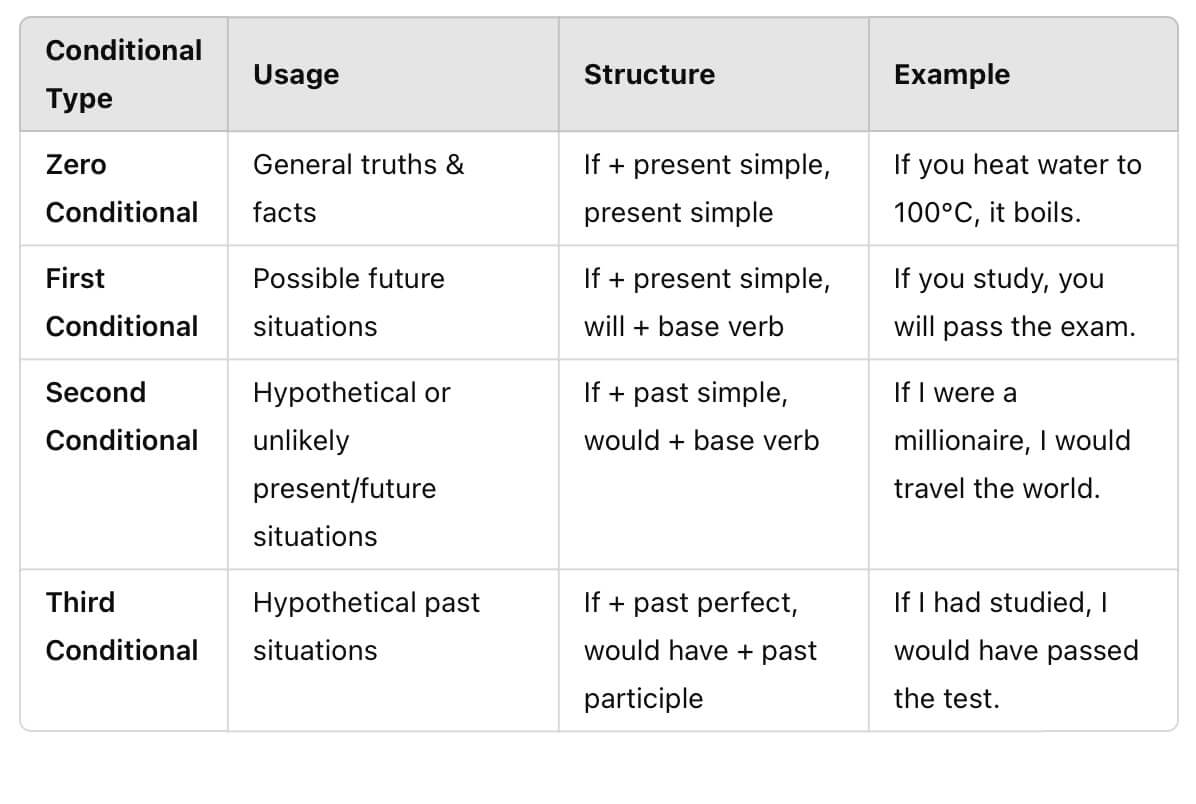- Home
- Parts of a Sentence
- Predicate Adjective
What is a Predicate Adjective?
So what is a predicate adjective? They are adjectives that appear in the predicate part of a sentence. The predicate is the part of the sentence that contains the verb and provides information about the subject.
When an adjective is placed in the predicate part of a sentence, it describes or provides more information about the subject.
Grammar Rules for Predicate Adjectives
In English, a simple sentence structure consists of a subject, a verb, and an object, with additional elements like adjectives and adverbs. When we introduce predicate adjectives into this structure, they typically follow this pattern:
Subject + Linking Verb + Predicate Adjective
The flowers were beautiful
In this sentence, "beautiful" is the predicate adjective that describes the subject "The flowers."
The subject is the noun or pronoun the sentence is about, the linking verb connects the subject to the predicate adjective, and the predicate adjective describes the subject.
If we shift the adjective around to before the noun, it is then an attributive adjective:
- The beautiful flowers are in bloom.
Linking Verbs and Predicate Adjectives
Linking verbs, also known as copular verbs, play a crucial role in connecting the subject and the predicate adjective. They don't express an action but instead link or equate the subject to a state or condition.
Common linking verbs in English include:
- is
- am
- are
- was
- were
- seem
- become
- appear
- feel
- sound
- taste
- smell
- look
- become
- remain
Let's see how some of these linking verbs work with predicate adjectives:
Linking Verbs:
- The cake is delicious.
In this sentence, "is" is the linking verb connecting the subject "The cake" to the predicate adjective "delicious." - The music sounds soothing.
Here, "sounds" is the linking verb that links "The music" to the predicate adjective "soothing."
Example Sentences with Predicate Adjectives
Here are more examples of sentences with predicative adjectives.
- The movie was exciting.
- She is intelligent.
- The weather remains sunny.
- The room looks spacious.
- The coffee smells aromatic.
- The cat seems content.
- The book appears interesting.
- He becomes impatient.
- The pizza tastes delicious.
- The flowers are vibrant.
- The child feels happy.
- The lake looks peaceful.
- The experiment seems complicated.
- The solution appears simple.
- The mountain remains majestic.
Adjective Phrases as Predicate Adjectives
Adjective phrases, which are groups of adjectives that work together to describe a noun, can also be used as predicate adjectives in sentences with linking verbs.
Adjective Phrases:
- The sky was clear and blue.
The adjective phrase "clear and blue" serves as the predicate adjective, describing the subject "The sky." The linking verb "was" connects the subject to the adjective phrase.
- Her cooking smelled absolutely mouthwatering.
In this sentence, "absolutely mouthwatering" is an adjective phrase serving as a predicate adjective. It describes her cooking, and the linking verb "smelled" links it to the subject.
Participles as Predicate Adjectives
Participles are verb forms that can function as adjectives and they can be used as predicate adjectives in sentences. There are:
- Past Participles: -ed/-en e.g. started, finished, broken
- Present Participles: -ing e.g. starting, finishing
These are examples of how they are used as predicate adjectives:
Past Participles as Predicate Adjectives:
- The dish is cooked to perfection.
- The children are exhausted after playing all day.
- The cake was baked by a professional baker.
- The students are interested in the new assignment.
- The saw is broken.
Present Participles as Predicate Adjectives:
- The results of the tests are concerning.
- My friend can be annoying.
- The film is frightening.
- This class was boring.
- Lifting weights is exhausting.
Distinguishing Predicate Adjectives from Predicate Nominatives
Predicate adjectives may seem similar to another grammatical concept called predicate nominatives as they both follow linking verbs, but there are distinct differences. Let's clarify the differences:
Predicate Adjectives:
- They are adjectives or adjective phrases
- They describe a characteristic or attribute of the subject
In the sentence "She is happy", "happy" is a predicate adjective describing the subject "She."
Predicate Nominatives:
- Predicate nominatives are nouns or pronouns
- Predicate nominatives rename or identify the subject
In the sentence "She is a doctor", "a doctor" is a predicate nominative that renames or identifies the subject "She." It doesn't describe a characteristic of the subject; it provides an additional identification.
And you'll note that the predicate nominatives is not an adjective, but a noun.
So, while predicate adjectives describe the subject, predicate nominatives rename or identify it. They both work with linking verbs, but their roles in a sentence differ.
Summing Up
Understanding predicate adjectives is a valuable step in enhancing your English language skills. They help you convey more information about the subject of a sentence and add depth to your expressions.
By knowing how to use linking verbs with predicate adjectives, recognising adjective phrases in this context, and understanding participles as predicate adjectives, you're well on your way to mastering this grammatical concept.
Additionally, distinguishing predicate adjectives from predicate nominatives will make your sentences more precise and meaningful.
So, the next time you write or speak in English, remember to sprinkle in some predicate adjectives to make your language more vivid and engaging.
Happy learning!
New! Comments
Any questions or comments about the grammar discussed on this page?
Post your comment here.




